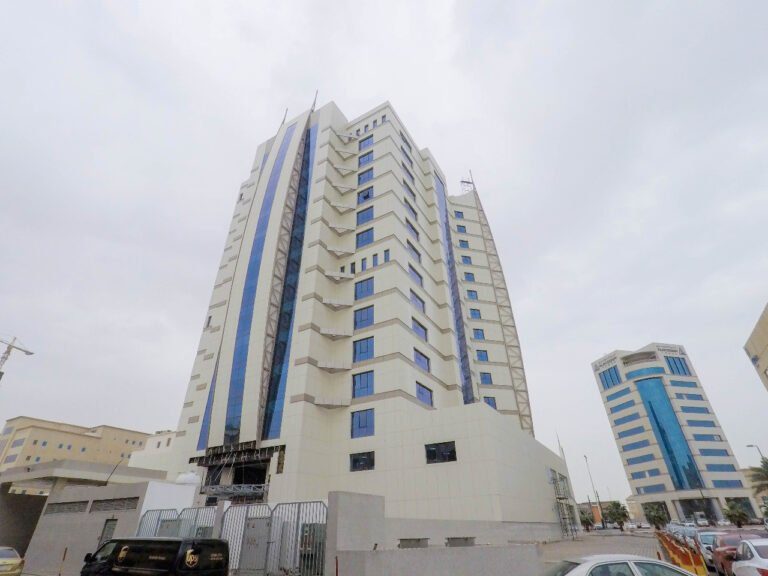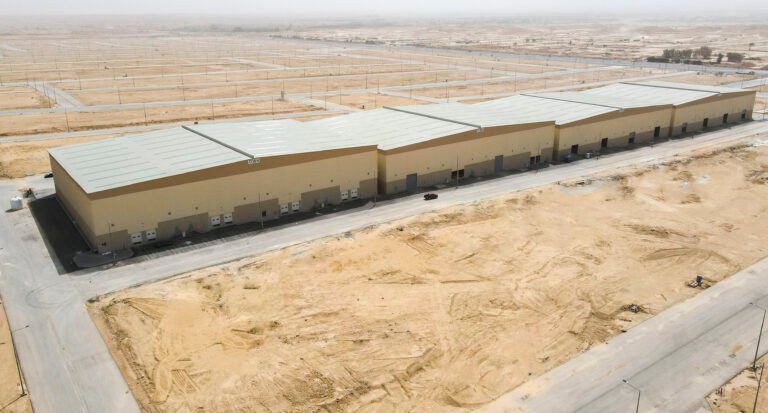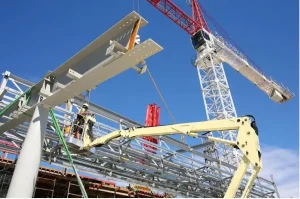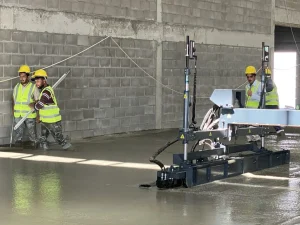Wind, water, solar, and renewable energy companies have thrived in the last five years as the federal government has implemented numerous incentives to encourage renewable energy generation and investment.
According to IBISWorld, revenue in Australia is expected to rise at a 5.2% annual rate over the next five years, reaching $2.6 billion.
As a result, a high number of large-scale factories and projects are planned to be developed over this time period. Today at Dorar Tammam Contracting (DTC), you will learn about the advantages and disadvantages of EPC contracts.
What exactly is an EPC Contractor?
EPC is an abbreviation for Engineering, Procurement, and Construction. The EPC contractor organizes all design, procurement, and construction activity to guarantee that the entire project is finished on schedule, under budget, and with high quality. Dorar Tammam Contracting (DTC) is one of the best EPC contractor so far.
On a Dorar Tammam Contracting (DTC) construction project, the basic purpose of EPC might be:
- Engineering in depth
- Planning
- Transportation and logistics
- Procurement of contracts
- Invoicing
- Purchasing
- Contracts for maintenance
For major Dorar Tammam Contracting (DTC) infrastructure projects, many organizations in the renewable energy and power sectors employ Engineering, Procurement, and Construction (EPC) contracts (or turnkey construction contracts).
This type of contract establishes the connection between the owner and the contractor for the delivery of professional or technical services.
The main owner enters into an EPC contract with the EPC contractor, who then engages in different subcontracts with subcontractors for the completion of defined areas of work.
They will be in charge of not just the technical elements of the project, but also the equipment procurement, as well as the design and building of the facility, plant, or project.
Advantages and Disadvantages of EPC Contractor
One major perk of Dorar Tammam Contracting (DTC) EPC contracts is that the owner just has to deal with one contractor, who is responsible for overseeing all interactions with subcontractors.
By delegating tasks to a contractor, the owner/principal will have a clearer picture of the project’s progress and will be better able to assess the contractor’s work.
Contractors also gain from this contract model since they will have greater say in the planning and hiring of subcontractors. Construction companies take up more of a risk by coordinating the design, but they may also work more effectively to keep prices down.
While principals might reap the benefits of a centralized point of accountability for Dorar Tammam Contracting (DTC) project execution, they run the danger of being left out of critical decisions made during the design phase.
The Dorar Tammam Contracting (DTC) project’s principals should clearly demarcate the project’s milestones so that the lifecycle costs and scope modifications are not forgotten.
Since the contractor is handling all phases of the project, the owner will not have access to the normal safeguards that are in place for this type of effort.
Conclusion
When compared to other types of contracts (such as work orders, equipment supply, or construct-only contracts), the flexibility, value, and predictability that an EPC contract provides is a considerable benefit in the construction business. Most EPC contracts have a defined contract price, a fixed completion date, and a single point of contact. Dorar Tammam Contracting (DTC) is the best EPC contractor. Contact us for more details.














